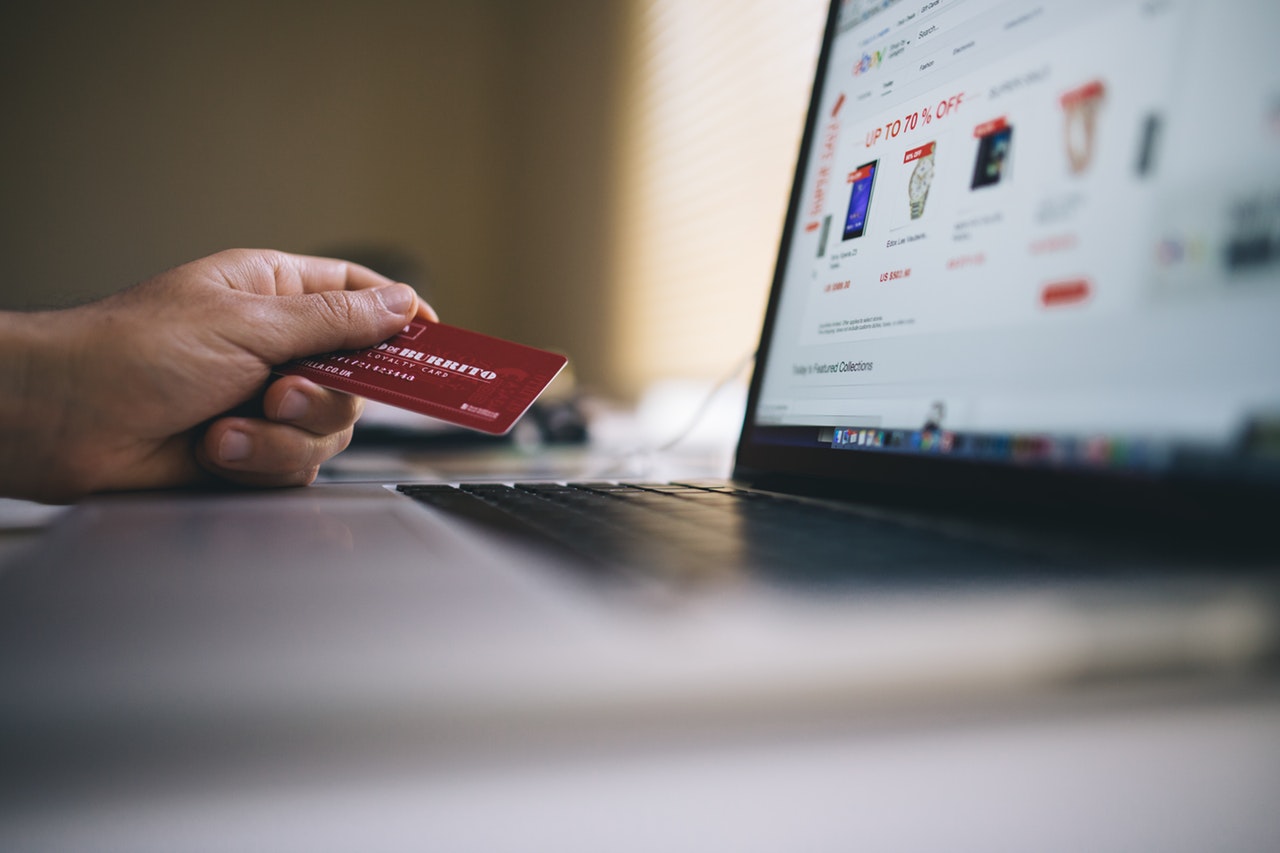Digital Economy, Disruption and the Future of the Payments Industry
Faster payments and customer demand is disrupting the payments industry, but PayPal say that the future is bright.
It may have been a boring space 20 years ago, but now the payments industry is undergoing major disruption and innovation, Libby Roy, Managing Director of PayPal, told the 9th Asia-Pacific CPO Forum in Melbourne.
The payments industry covers everything in to the end-to-end process that powers commerce, and is involved in all aspects of our lives. PayPay is involved primarily in the B2C space, which moves incredibly fast due to the proliferation of new players, and the integration of new technology powering our payments.
The innovations unfolding in the payments space is being driven by increasingly demanding consumers wanting the ability to make quicker payments.
Please the Consumer
Roy used an analogy to explain that everyone in the room was the consumer that PayPal was working to please.
“Think about it. Do you wait for your favourite television show to be scheduled and aired on television, or do you download the entire series, or live stream, because you can’t bear to wait? That desire to have access to thing immediately is higher than ever before, and we are leading the way in beautiful, frictionless payments,” Roy says.
Australia is fast becoming a cashless society in the consumer space, with the vast majority of payments using cards or contactless technology.
PayPal is continuously working toward new innovations to solve the pain points of consumers in a more seamless way, with new payment gateways and partnerships being constantly explored. This will result in a number of flow-on effects that will impact upon various industries, including procurement.
Social Payments
“Payments in the near future will become social, which lets you buy something at the moment of discovery. Consumers will be able to decide whether the good or service will work for them, and then be able to transact that very moment. Payments will be attached to any device, which will add billions if not trillions into the economy.”
For example, payment options will be attached to the household fridge, and connected to the local supermarket for re-orders.
“These innovations are being driven by the tremendous amount of investment occurring in the fintech space, though not all of the startups in this space are successful. It’s not surprising, it’s a complex space.
“Meanwhile, we’re seeing a number of new payment players aside from the banks and financial services companies entering the payments space, including Apple, Facebook, Amazon, Google and Microsoft,” Roy says.
Roy also told the audience that PayPal has started lending limited funds to small businesses to help them grow.
